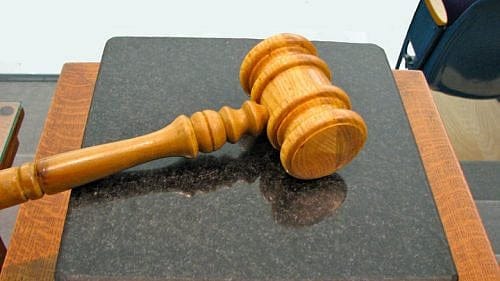Judge Closes Arraignment To Public, Fails To Have Proceeding Recorded

A Massachusetts district court judge barred reporters from the arraignment of a murder suspect in a hospital room, did not make himself available for objections to his ruling, and failed to have the arraignment tape recorded or transcribed despite a requirement such court proceedings be public.
A spokesman for the Massachusetts Supreme Judicial Court told the Lawrence Eagle-Tribune that "the hospital arraignment was not recorded in error," quoting the court clerk's office.

